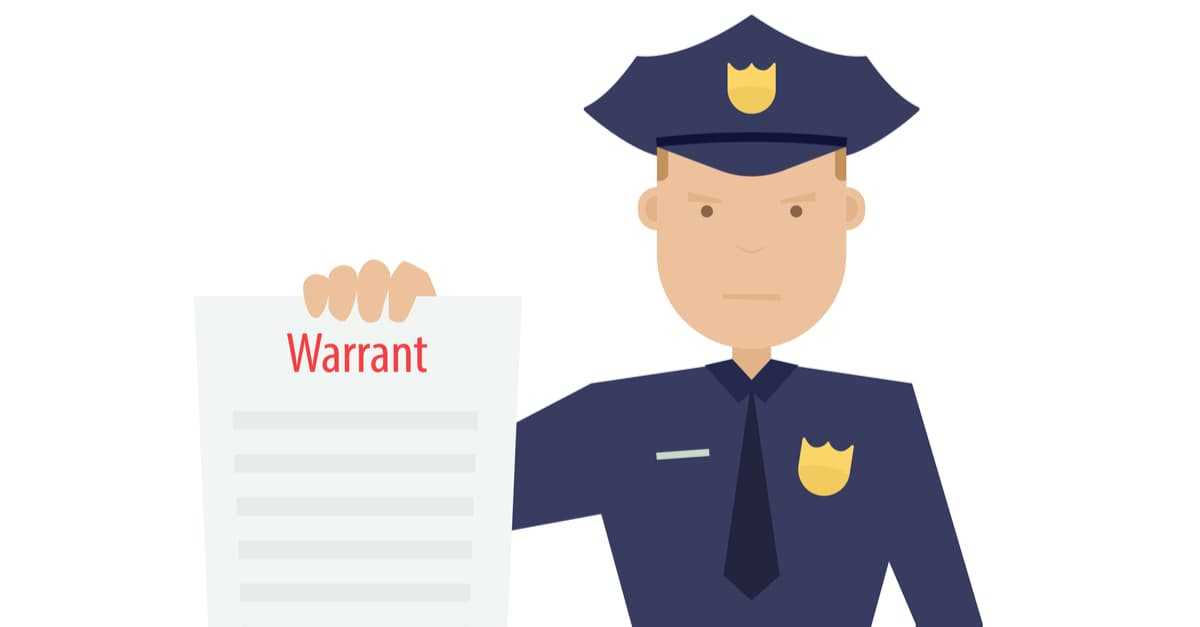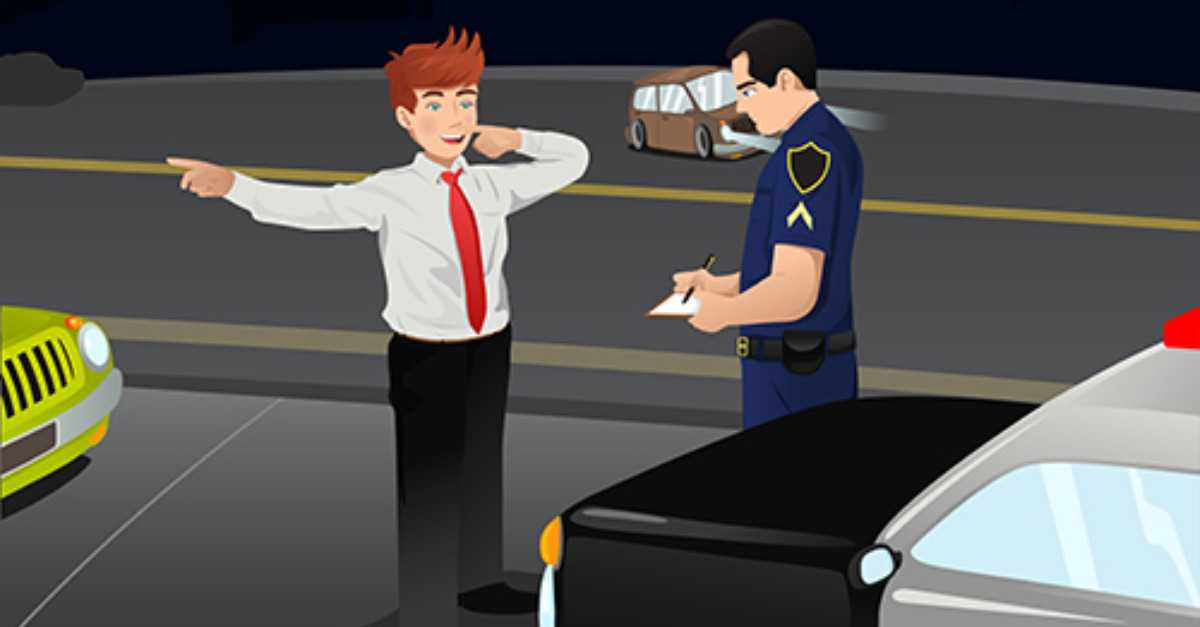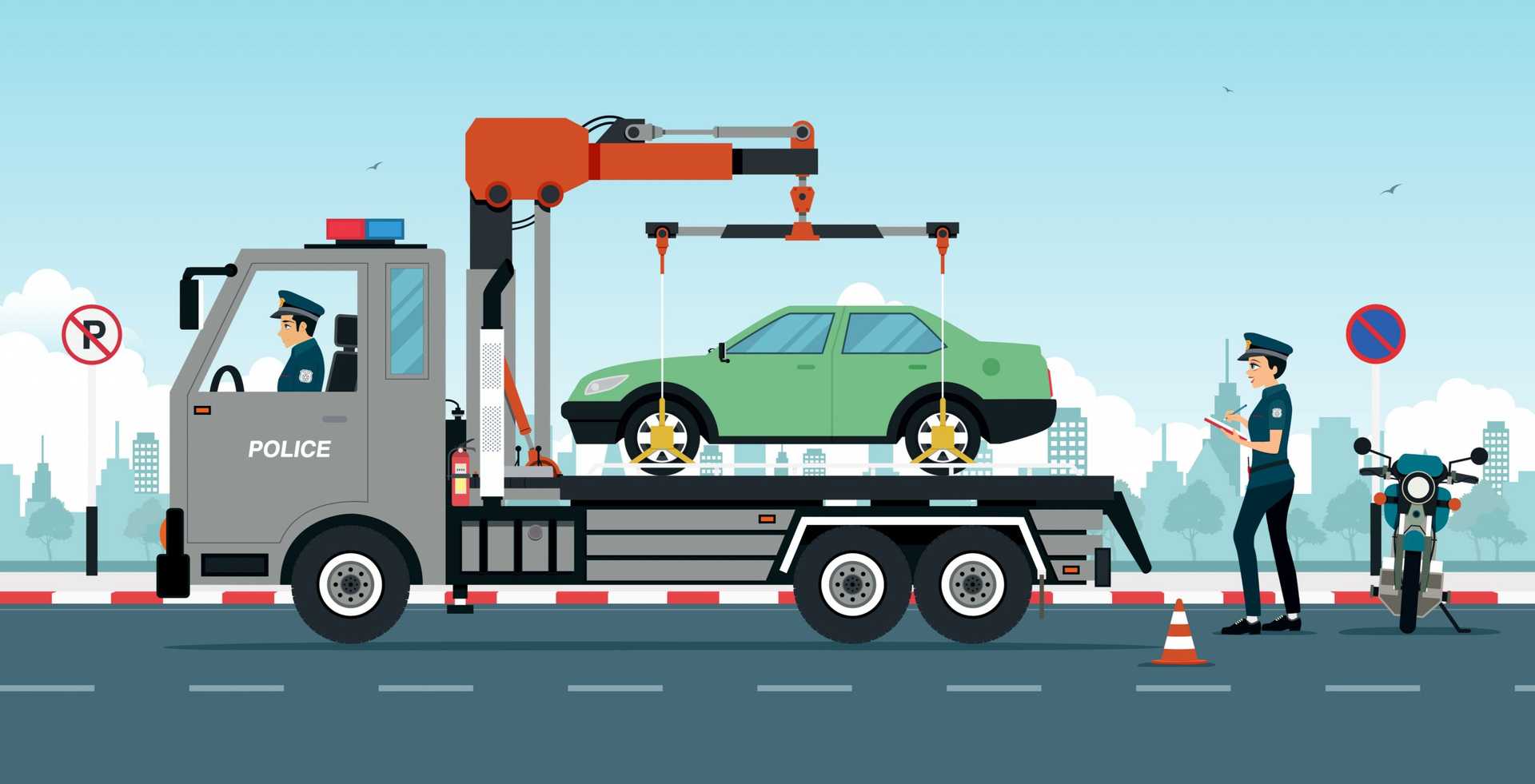Consenting to Blood Draws
Consenting to Blood Draws: When the police tell you the consequences of refusal, they don’t automatically make your consent “involuntary,” says the Arizona Supreme Court
In virtually every DUI case, the police request that the driver voluntarily submit to a post-arrest breath or blood test. These requests occur in coercive circumstances, e.g., the driver may be handcuffed and in the back of a police vehicle. But Arizona law also incentivizes blood draws by penalizing drivers who refuse testing with a one-year license suspension and requiring the police to explain these consequences in real time before requesting consent. This also seems coercive (at least to us), but the Arizona Supreme Court recently held that this “advisement” is okay, with a few caveats.
How did the Arizona Supreme Court decide that threatening drivers with license suspension is acceptable and noncoercive? Does this make any sense? More after the jump
In State v. De Anda, the Arizona Supreme Court held that the police are permitted to “advise” motorists arrested for DUI of the consequences of refusing a blood test, i.e., that their driver’s licenses will be suspended for one year, in the typical case.
The Court analyzed the question as one of Fourth Amendment law – whether a blood test was reasonable as one which a defendant has consented to voluntarily. Court’s assess this issue by examining all of the facts and circumstances attendant to the blood draw and determining whether, on balance, they are too coercive. Of course, this is a judgment call, not an exact science.
The Court examined the precise language of the advisement in detail. Unlike in previous cases, the advisement in De Anda did not imply that the police may compel a driver to produce a blood sample. Nor did it repeatedly say that “Arizona Law requires” drivers to provide samples. Instead, the advisement “implicitly” stated that a driver had a choice, and could refuse, though it also explained about license suspension and other consequences that would follow. According to the Court, merely explaining the consequences of the driver’s decision is not coercive. However, it might be when coupled with other coercive circumstances, such as when the police read the advisements to a defendant already handcuffed and placed in the back of a police car for transport.
We find this less than convincing. When a police officer tells you that under “Arizona law….a person who operates a motor vehicle gives consent to testing” and an “officer is authorized to request testing,” it conveys a clear message that compliance is required. It is a typical assertion of “lawful authority,” that the Courts often say a person cannot be expected to ignore. Also, the admonition does not “imply” that a person may refuse, it simply explains how the person will be punished for refusing.
This is not the robust defense of constitutional rights that we hope to see from the Courts. It is better understood as a perhaps necessary accommodation to the implied consent statues and the strong DUI enforcement preferences of the other branches of government. We hope next time to see better.
Recommended Articles

Driving under the influence (DUI) is a serious crime in Arizona. If you have been arrested for DUI, it is important to understand your legal rights.

This blog will address what you can do to win a DUI case for parked cars and how to avoid, hopefully even getting charged.

The Supreme Court in a 9-0 opinion held that when a minor offense alone is involved, police officers can't enter the home without a warrant.

First, let’s figure out what kind of DUI it is. They’re usually misdemeanors unless there’s been an accident.

Today we’re going to talk about parked cars. Police sometimes approach you when you’ve legally parked a vehicle and are using it as a stationary shelter.

About Michael Harwin
Michael’s skill and experience have been recognized repeatedly. He holds an A-V 5/5 preeminent rating by Martindale Hubbell. He has been named one of the top lawyers in Arizona by Southwest Superlawyers, and one of the best lawyers in Tucson by Tucson Lifestyle Magazine. He also has been named one of the best lawyers in the United States by BestofUS.com , and given the highest rating possible by AVVO, 10/10 Superb. Amazon Books


